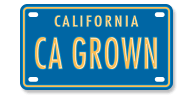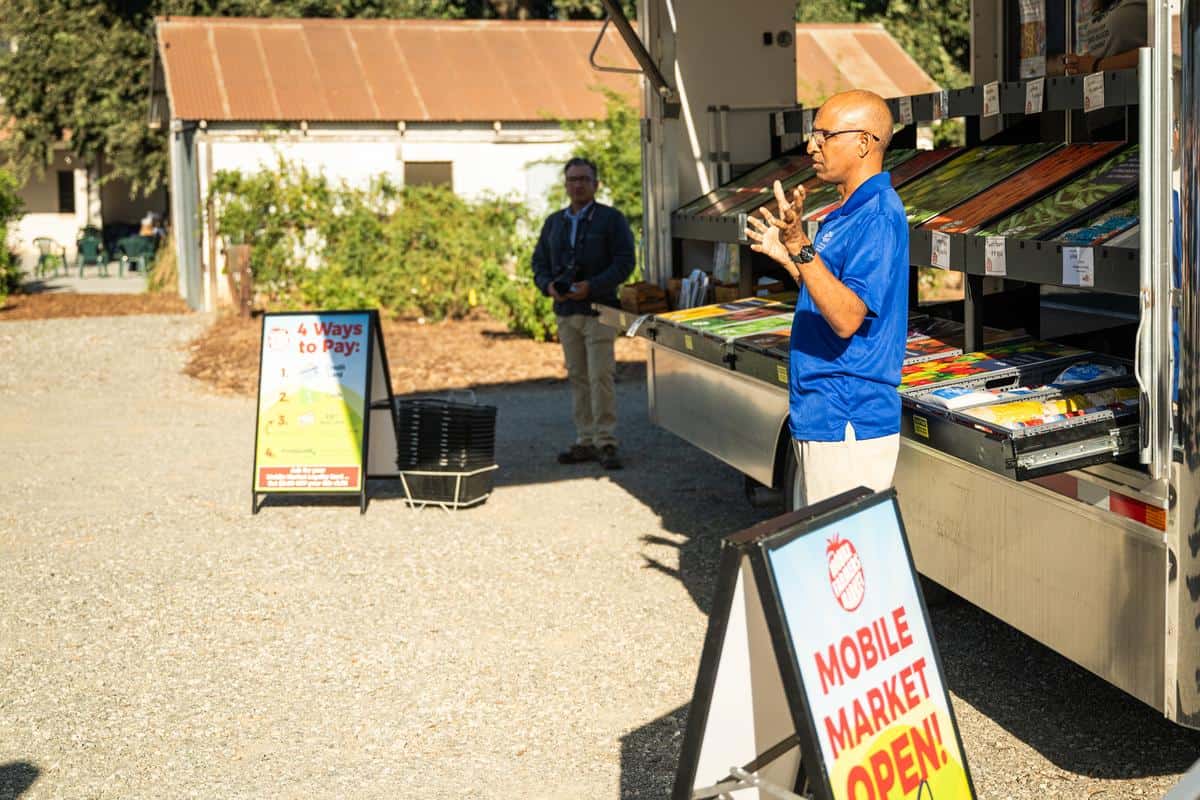The Center for Land-Based Learning Fosters California’s Agricultural Future
Ready to dig in and see what the future of California farming holds? Join us in California’s Central Valley to learn about the Center for Land-Based Learning. This is a special place where hands-on learning meets an ambitious vision of sustainable, resilient agriculture.
California’s agriculture is renowned worldwide, and at its core is the ongoing education of future farmers, stewards, and innovators. The Center for Land-Based Learning is one of the crucial players in advancing this objective.
Based on experiential learning, the Center aims to create a California teeming with productive farms, equitable communities, and climate-resilient habitats. This isn’t your typical classroom; it’s hands-on learning in the fields and fostering real connections to California’s land.
Whether you’re a high school student dreaming of a future in farming or a city dweller excited about cultivating a deep connection to the land, this is the place to dig in and make your mark. Let’s dive in further to better understand the Center’s history, mission, and land-based teaching programs.
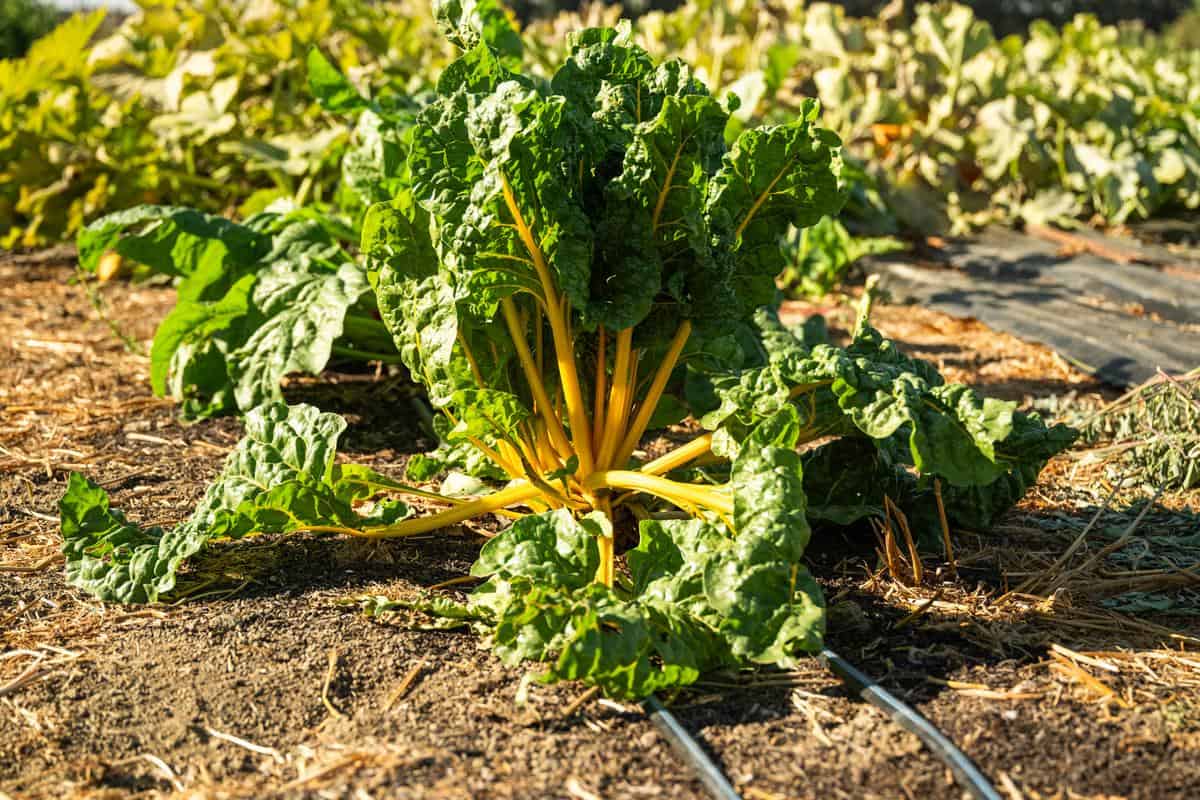
The History Of The Center For Land-Based Learning
The Center for Land-Based Learning started in 1993 when founder Craig McNamara (of Sierra Orchards) launched the Farming, Agriculture, and Resource Management for Sustainability (FARMS) as a stand-alone high-school education program.
A few years later, in 2001, the Student and Landowner Education and Watershed Stewardship (SLEWS) program was launched to help high school students understand agriculture’s importance and environmental stewardship.
Over the years, the program has grown into a state-wide initiative, impacting thousands and expanding into urban agriculture, climate action, and leadership training.
In 2020, the Center’s 30-acre headquarters was established at The Maples Farm in Woodland, California. This now provides a space for fieldwork, community learning, and experiential programs dedicated to creating equitable communities and resilient ecosystems.
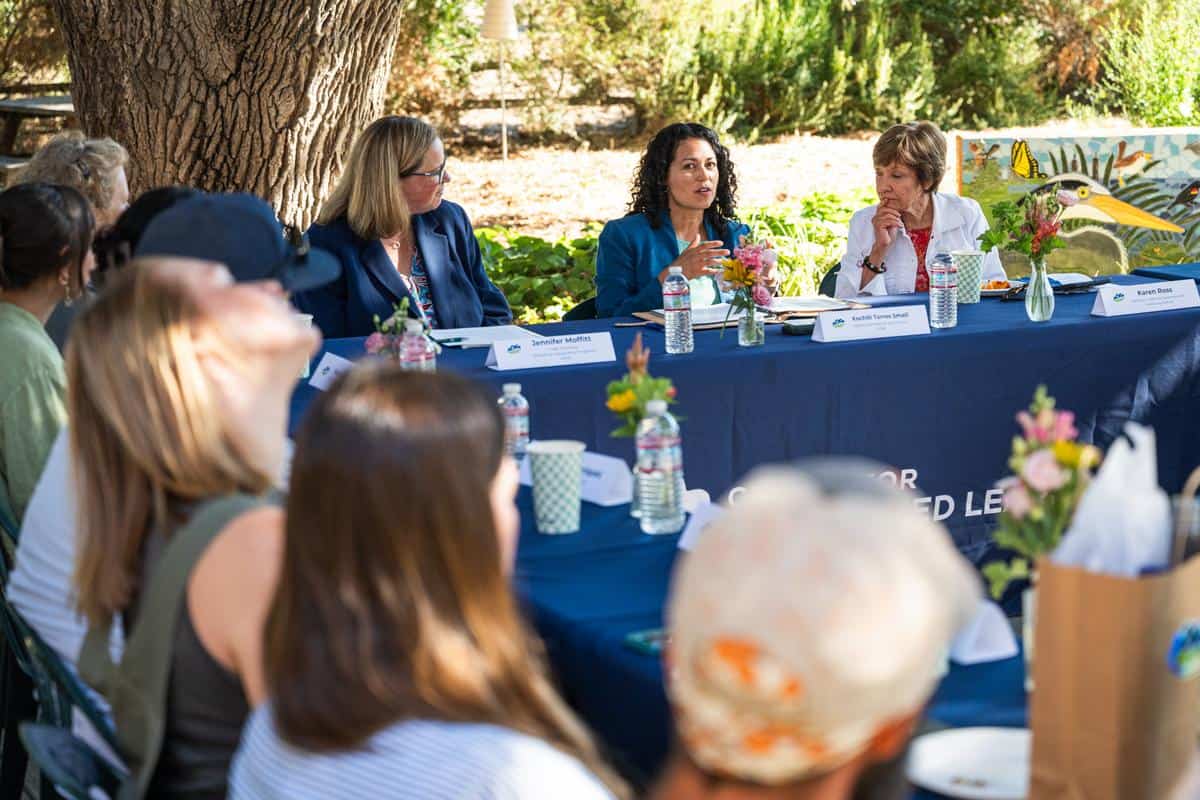
On A Mission To Cultivate California’s Farming Future
The Center’s mission is to build adaptive people and ecosystems by inspiring and training agricultural leaders focused on sustaining our natural resources.
The core principles are simple yet impactful: to foster a deep connection with the land, build sustainable food systems, and prepare the next generation for meaningful careers in agriculture. Here’s how these values come to life:
- Transformative Education: Creating hands-on learning experiences that open doors for California’s youth.
- Career Access: Providing internships, apprenticeships, and training that equip tomorrow’s agricultural leaders.
- Equitable Communities: Offering programs that break down barriers to land, food, and career opportunities.
- Resilient Ecosystems: Developing climate solutions and best practices to benefit future generations.
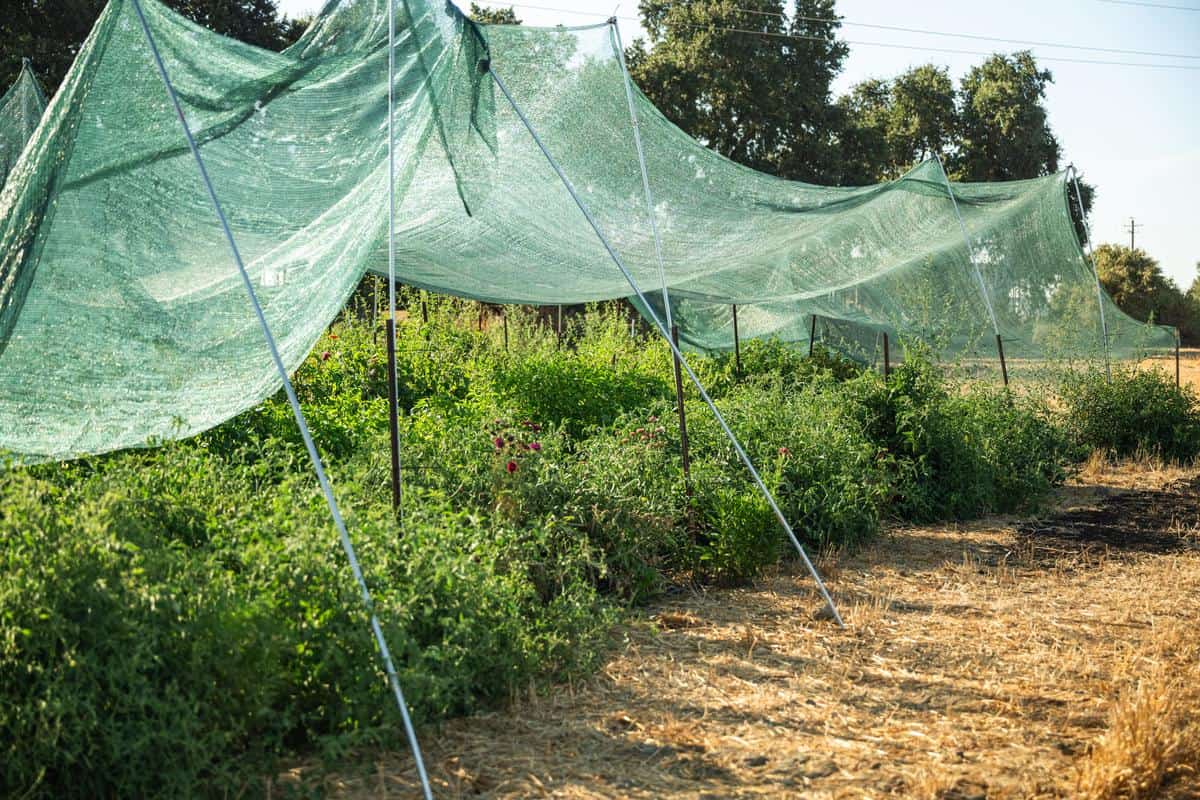
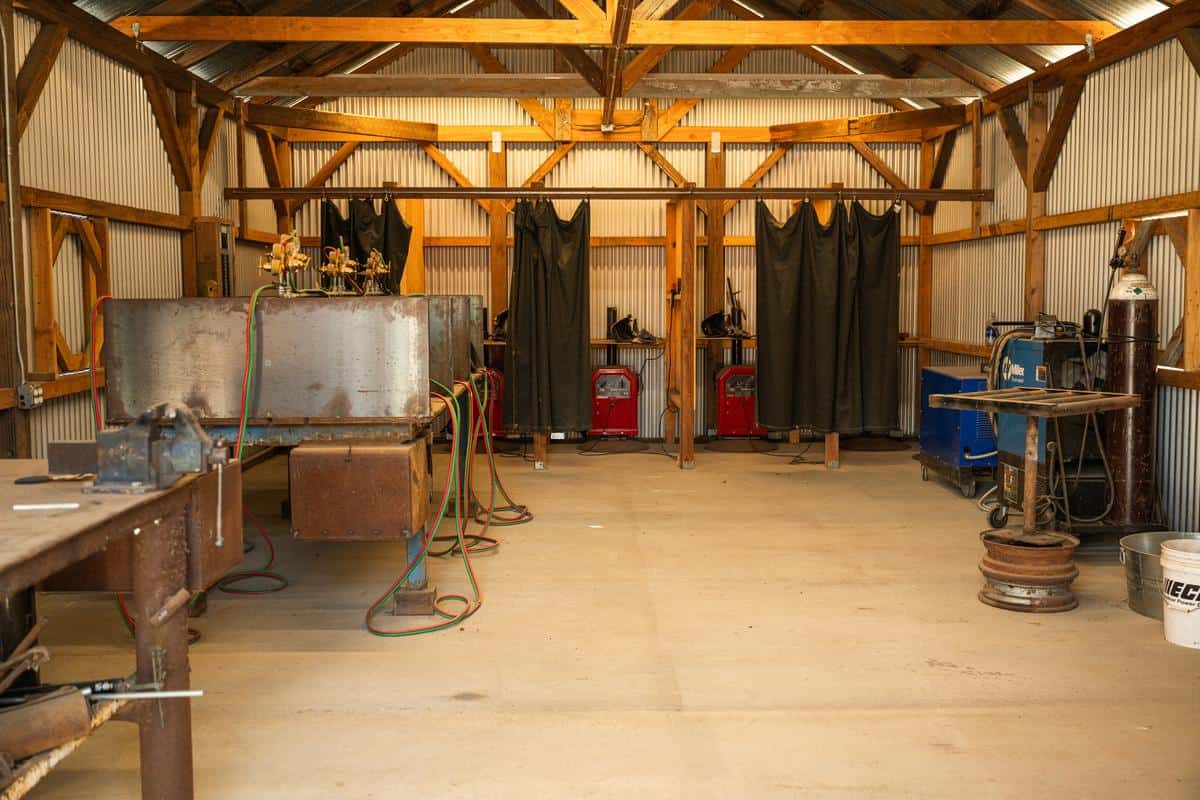
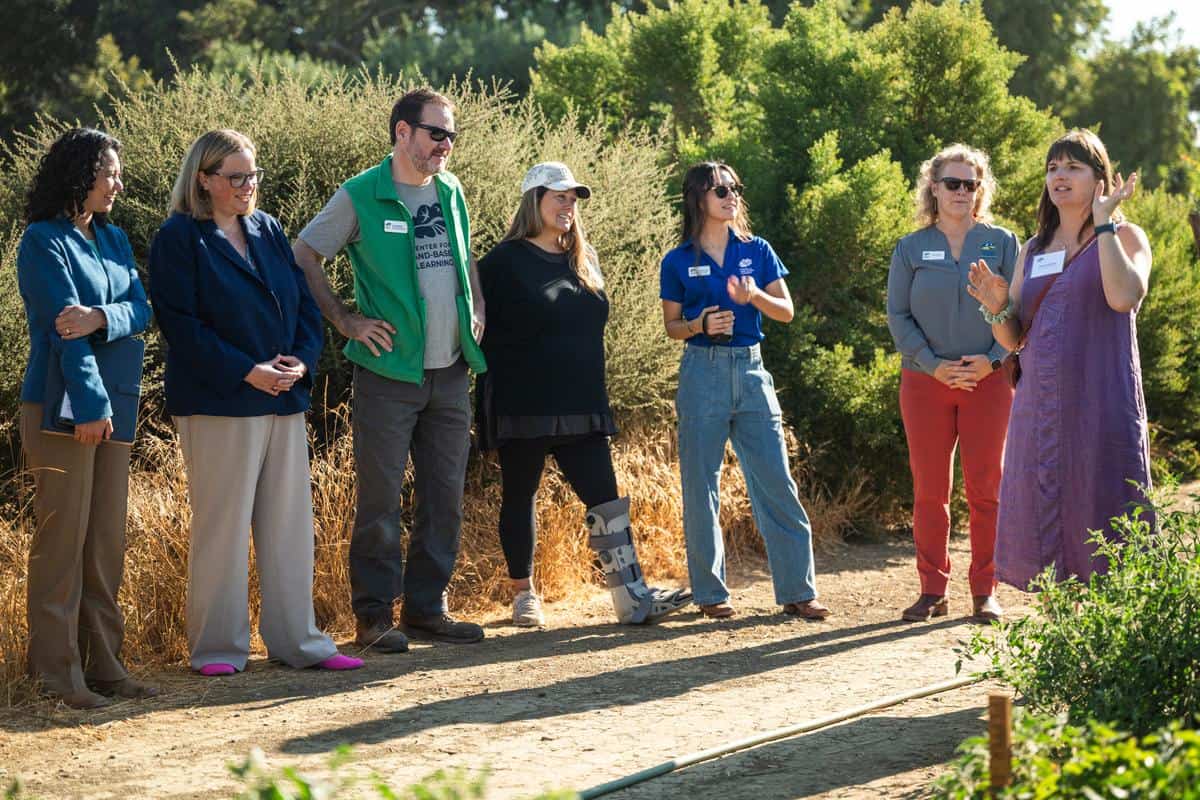
Programs at the Center for Land-Based Learning
The Center for Land-Based Learning is making strides to ensure California agriculture remains sustainable, diverse, and inclusive. From offering high school students their first introduction to environmental stewardship to training aspiring farmers in the skills they need to thrive, the Center provides opportunities for anyone interested in agriculture.
Programs like FARMS, SLEWS, Aspiring Farmers, Urban Ag, and the Mobile Farmers Market showcase the diversity of opportunities available to Californians in the city or on the farm. Learn more about those programs below (and which are available in each California county.):
FARMS Leadership Program: Building Agricultural Careers
The FARMS Leadership Program offers high school students an in-depth look at California’s agricultural landscape, from food production to water management.
Through classroom instruction and real-world fieldwork, FARMS equips students with leadership skills and a foundation in agriculture, encouraging them to explore careers that will play an essential role in California’s future.
SLEWS Program: Fostering Environmental Stewardship
SLEWS (Student and Landowner Education and Watershed Stewardship) brings high schoolers outdoors for hands-on projects on farms, ranches, and open spaces intending to restore California’s natural habitats.
It is a deep dive into ecosystems, climate resilience, and the essential role of Indigenous knowledge in sustainable land practices. It’s a blend of education and adventure that shows students what it truly means to be stewards of the land. The program partners with the Yocha Dehe Wintun Nation, the LangeTwins, and the Yolo County Resource Conservation District.
Aspiring Farmers Program: Supporting California’s New Farmers
The Aspiring Farmers Program offers mentorship, training, and guidance on starting a successful farming business for those looking to pursue farming as a career. Participants gain experience in sustainable agriculture—from soil health and crop rotation to resource conservation—while learning the ins and outs of running a farm.
This program is a lifeline for those entering California’s agricultural industry, providing resources essential for a thriving farm and a sustainable career.
Urban Ag Program: Bringing Agriculture to the City
With food access and sustainability at the forefront, the Urban Agriculture Program bridges the gap between city life and sustainable farming. Through hands-on workshops, urban residents learn to grow their food, convert vacant lots into gardens, and understand the role of urban farms in supporting local food systems.
This program fosters agricultural skills and land-based practices in urban settings, creating opportunities for residents to connect with the land in new ways.
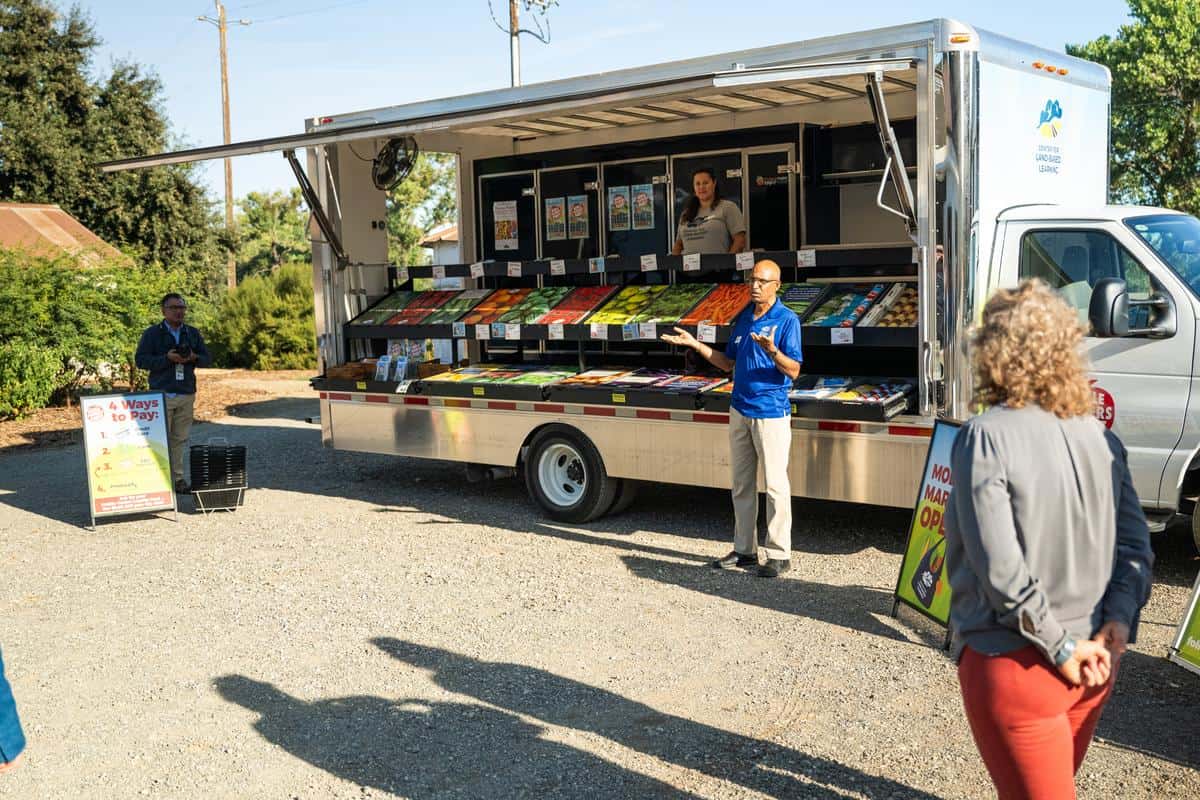
Increasing Community Access
The Center for Land-Based Learning’s Community Food Program connects small farmers with needy communities in the Central Valley.
Formerly known as the West Sacramento Urban Farms Project, this program plays matchmaker, linking growers with reliable customers in food-insecure neighborhoods across California. It’s more than just food; it’s about building equitable, resilient food systems that give everyone access to fresh, healthy produce.
The centerpiece of this program is their Mobile Farmers Market — a market on wheels that brings fresh, culturally relevant fruits and vegetables to neighborhoods in West Sacramento, Woodland, and rural Yolo County. For customers, it means convenient access to local produce right in their community, and for beginning farmers, it’s a steady, reliable customer base.
This is community food in action: supporting farmers, feeding families, and building strong food networks that make a difference.
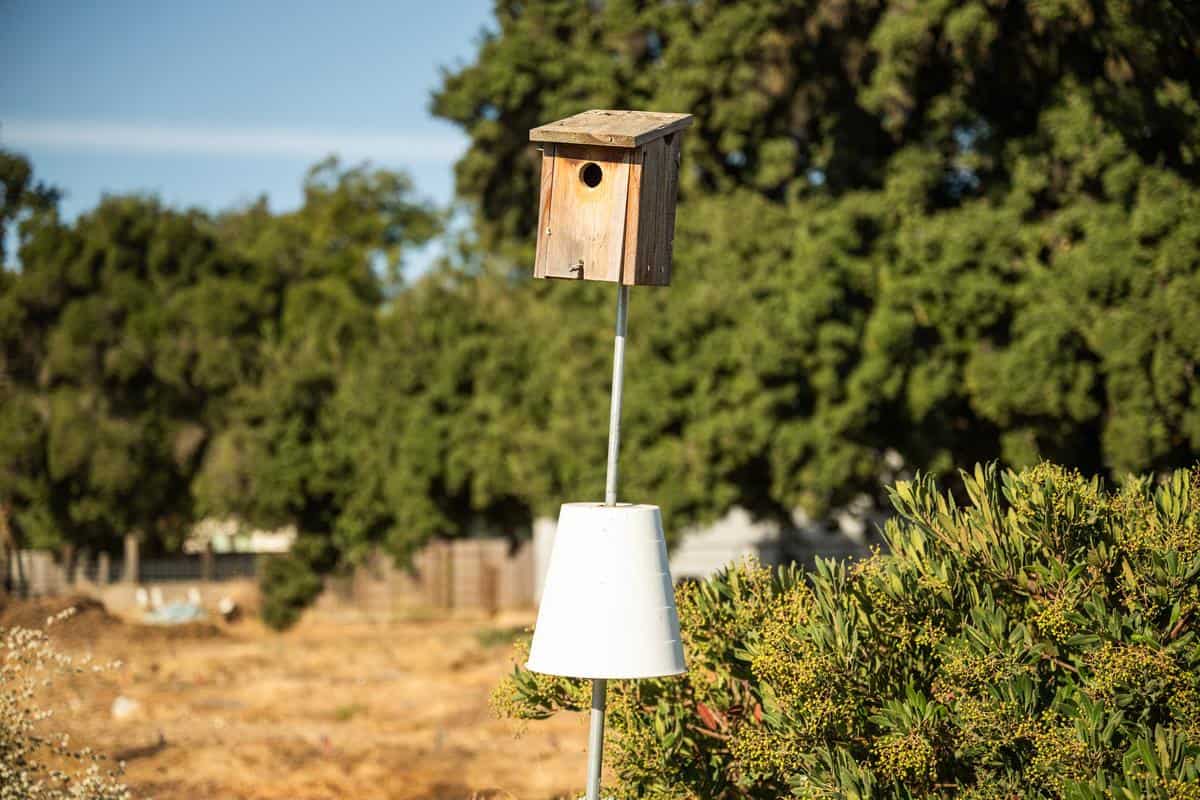
Advancing Climate Action
Located at the Center’s headquarters at The Maples Farm in Woodland, the Farm & Climate Program focuses on climate research, habitat restoration, and educational outreach to increase soil carbon storage and promote biodiversity.
Through carbon farming, habitat restoration projects, and community science initiatives, the Center is actively working to mitigate climate change impacts. By implementing best practices in soil health and developing replicable solutions, they’re creating a model for climate-resilient agriculture in California.
California’s Agricultural Future
With more than three decades of experience, the Center for Land-Based Learning continues to be a driving force in California’s agricultural community. The Center is committed to creating an inclusive, sustainable future for agriculture in California by training young environmental stewards, supporting emerging farmers, and advancing climate solutions.
Whether you’re passionate about environmental stewardship, interested in urban farming, or simply curious about California’s food systems, the Center for Land-Based Learning provides a pathway to get involved. Explore their programs and learn more about how you can help advance their mission at landbasedlearning.org.
Article written by Aida Mollenkamp for California Grown. Images and video by James Collier, Paprika Studios, for California Grown.
